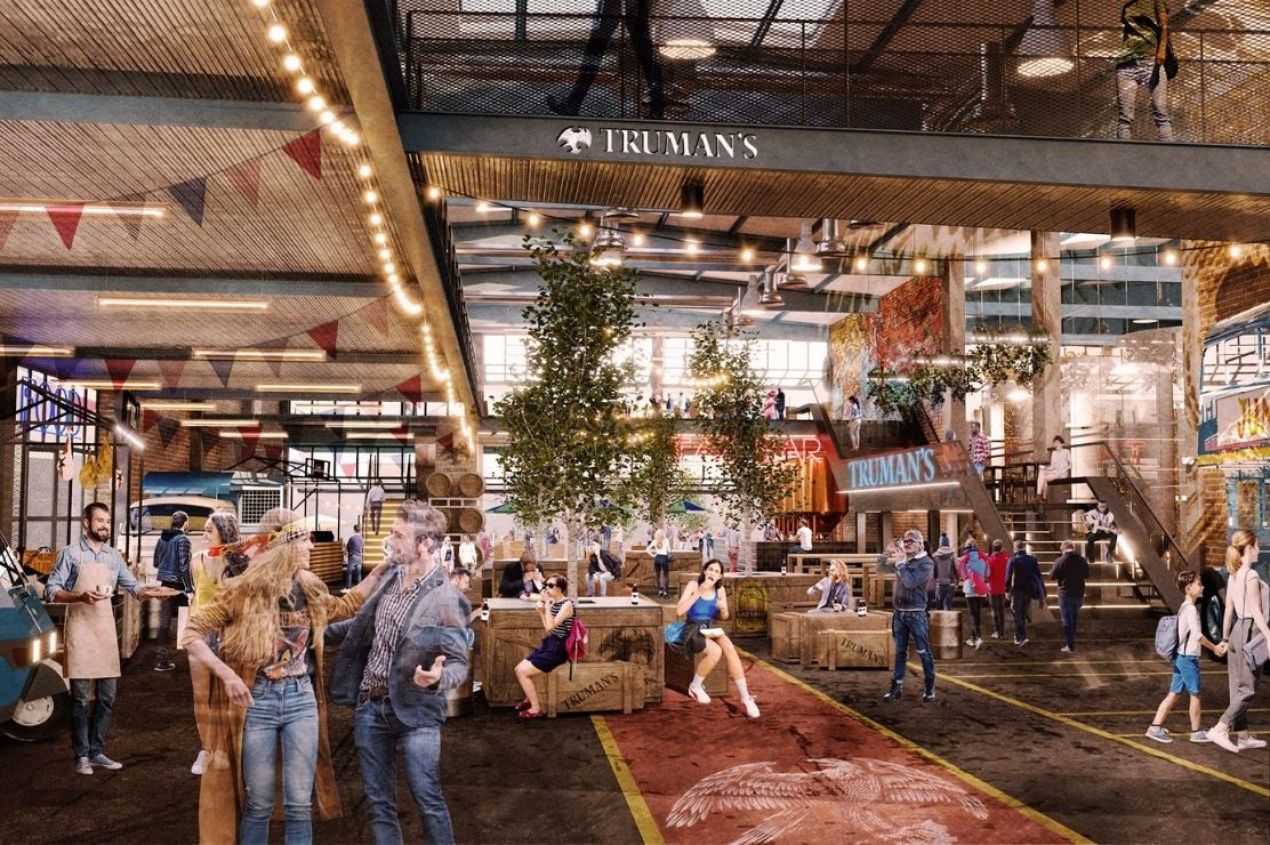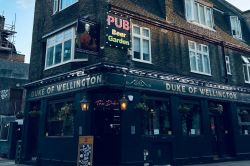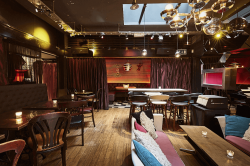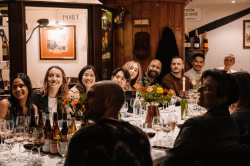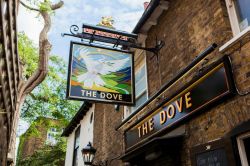Features
Truman's Beers - Top Winners at the 2020 London Beer Competition
Truman's Beers swept the awards at the 2020 London Beer Competition
Truman's dominated proceedings at this year’s London Beer Competition sweeping away three awards.
There are more than a hundred breweries in London, but none of them have as impressive a name - and the implied brewing heritage - as Truman’s. Once one of London’s greatest breweries, it closed in 1989 as the industry contracted, and was only revived in 2010 by a pair of smart young entrepreneurs, James Morgan and Michael-George Hemus. They figured that the prevalence of elegant Truman’s branding on pubs all over town would give them a leg-up when it came to promotion, which it did - but promotion is only a small part of the job. The beer has to be good too and, as Truman’s success in this year’s London Beer Competition demonstrates, it is. Roller IPA and Pale Ale both won gold awards; the former was the best beer by quality, the latter best beer by value; and Truman’s was named brewery of the year. It couldn’t really have gone better.
This was manna from heaven for Hemus, who returned to the business in December 2019 while Morgan stepped back from his day-to-day role as CEO. We caught up with him to find out how things are going in one of the most challenging years for businesses of all kinds.
What’s the value of the success you had at this year’s London Beer Competition?
“It's huge, I think, on two levels. Obviously, it's a big honor to win an award and especially to win across two or three categories as well. It's fantastic, but I think one big thing is its importance internally. It gives us massive confidence. We were all really, really happy with it, and it gives us a sort of standard to hit and to continue [aiming at] - and at a time when it's difficult for everyone in the beer industry, it's a huge shot in the arm.
“I think it makes people look at you in a different way. The competition in London is huge, with the number of breweries here. It's a great thing all-round, basically!”
You had plans to move brewing to Walthamstow this year. How’s that going?
“So the plan was, and still is to build a new brewery, but we were due to start building on the project in late April, early May. Then COVID hit and we lost 99 percent of revenues. Then we also lost the funding that we had lined up for building the brewery, and so that left us with a long-term lease on an enormous space and no brewery to build. And we decided that we are going to build the country's biggest socially-distanced pub, called the Truman Social Club.
“We were in a brewery, The Eyrie in Hackney Wick, where we'd been since 2013. And the lease was coming up, so that was why we were planning to move. And then obviously when COVID hit, we thought, well, maybe they'll delay the plans to build on this site, but they didn't. We had to be out by the end of July.
“So we were looking at a very difficult situation where we might have to contract brewing for an unspecified amount of time. But then there's a nearby brewery also in Hackney Wick, Crate, that went out of business. And so we have taken over their brewery. We bought it. And we've turned that into the current Truman's brewery. That's where we plan to brew for the next one to two years. So we've got a short lease on the site.
“Over the next year or two, as things stabilize, we’ll focus on continuing to brew from Queens Yard, the old Crate site, and focus on Truman Social Club. And then, at the right moment, build the brewery that we always intended to build. So it's the same plan, but a very different route.”
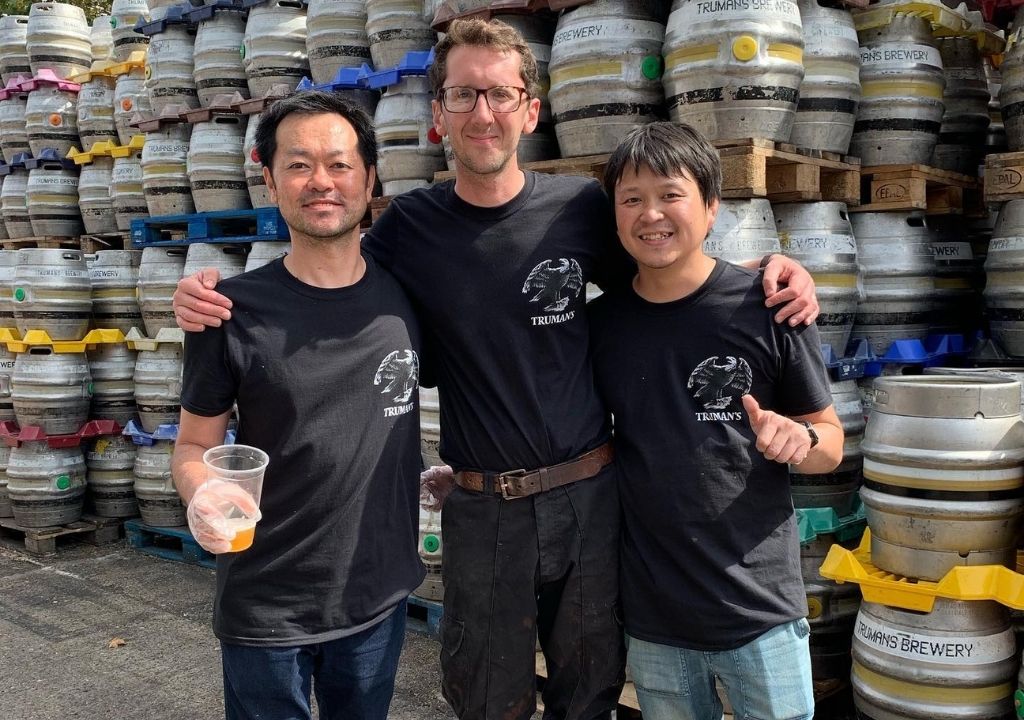
You spent a lot of time outside the beer industry and have only returned in the past year. How has it changed?
“It's incredible really: there's just so many more brewers, there's so much more variety. So I think, first of all, is that the number of... in answer to your question, I've come back completely fresh. So I basically only rejoined the beer industry in December. I've even actually developed gluten intolerance, so I can't really drink beer anymore! This time, I've seen all the different breweries pop up and I see two things. One is the number of breweries. The second is the variety: How much it has been influenced by different parts of the world, how much more innovative [it is] than it was back in 2010.”
And East London, where you’re based, is at the heart of this?
“When we restarted Truman's, I spent a lot of time reading about old London brewers, and how London became a kind of center for brewing in the first place. East London obviously has that massive historic link to brewing, and so to see that bounce back and have a new lease of life is great. And it's great to see what, discover what the modern-day names are, but in terms of drinking, I still love Spitalfields.
“One of my favorite boozers is still The Pride of Spitalfields, which I love going to. But then on a very different spot on the spectrum, and actually just up the road from there, is a place called The Culpepper. It's a very new type of pub: it has great food, it hasn't got the biggest range of beers, but it's got a big range of different drinks and alcohol. It’s a different type of business model.”
And Truman’s has its own central London pub, The Newman Arms. How has that weathered the Covid-19 storm?
“It's one of the narrowest pubs in England, so it's a challenge. When we were first understanding the two-meter [distancing] rules, and we were looking through, we went with tape measures several times, just trying to work out how you could possibly make it work. But, we found a way: footfall in that area is still down by 70 percent compared to last year, so it's obviously a struggle, but the regulars have continued to visit since we reopened at the end of July. It's not trading as well as it has been, as it was pre-COVID, but it's trading and it's doing alright and it's adapting and surviving.
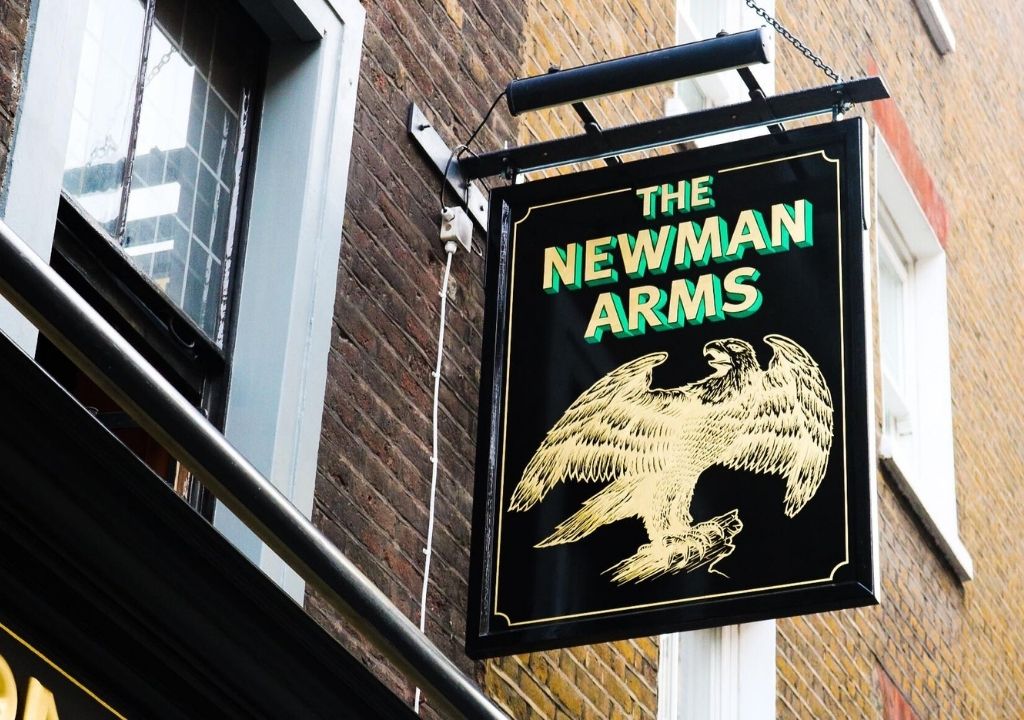
“Also, the situation has given us an impetus to look at it in a different way. It was a pub that was very much a normal, central London pub. And now we've got plans to try slightly different things and maybe make food a bit more of an attraction. We're looking at whether there are people who obviously either don't have their jobs in cooking or haven't got their restaurants anymore, and whether we can hand over the kitchen to them two or three days a week. It's all about adapting.”


